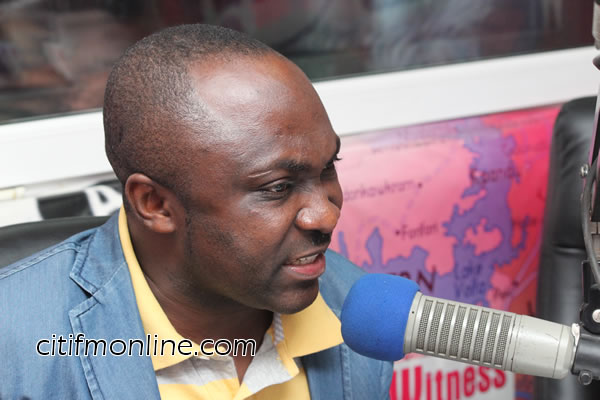A private legal practitioner, Yaw Oppong has stated that government institutions which are known to have been involved in acts of corruption deserve to be considered the most corrupt institutions in the country.
[contextly_sidebar id=”ZooDdRpr40YFOqflDICTIM6BgtXstsPI”]His comments were in opposition to a report by the Institute of Economic Affairs (IEA) which labelled the Police as the most corrupt institution in the country.
The report also named the presidency as the second most corrupt institution in the country, followed by tax officials and Members of Parliament who lie third and fourth respectively.
The survey by the IEA was conducted in all the ten regions of Ghana with persons aged 18 years and above as the target population.
The Institute noted that one of the most pressing governance challenges confronting the country is the high prevalence of bribery and corruption.

However, speaking on Citi FM‘s news analysis programme, The Big Issue, Lawyer Oppong, rejected the Police Service’s placing on the list, stating that more prevalence should have been given to institutions that manage the state’s resources.
“I think I disagree that the police must be the institution that should be first on this perceived corruption league table because I am more concerned about people who manage state assets and not the policeman who maybe I run a red light I’m arrested and I say take something small and let me go. It’s my own pocket money,” he explained.

He however, clarified that he is not glorifying bribery within the police service “but when I compare that to people who are actually in charge of state revenue, my assets my money, and they are plundering it, that should have been first and not the Police. The Police should have been last. And even then it is just a small part of the service. The Police are doing very well. I would have ignored the Police aspect completely. There are far worse institutions. I’m more concerned about who mismanages my money I’ve entrusted in their care more than what I willingly and voluntarily give to them.”
The government has rejected the report and has questioned the timing of its release as it was made public a day before the President’s State of the Nation address.
The Institute has since come out in defense of the report, insisting that appropriate survey methods were used to generate the outcome.
And it has been backed by the largest opposition in the country, the New Patriotic Party (NPP) who believe that given the levels of corruption in the state institutions, the report was unsurprising.
By: Edwin Kwakofi/citifmonline.com/Ghana
Follow @EdKwakofi


